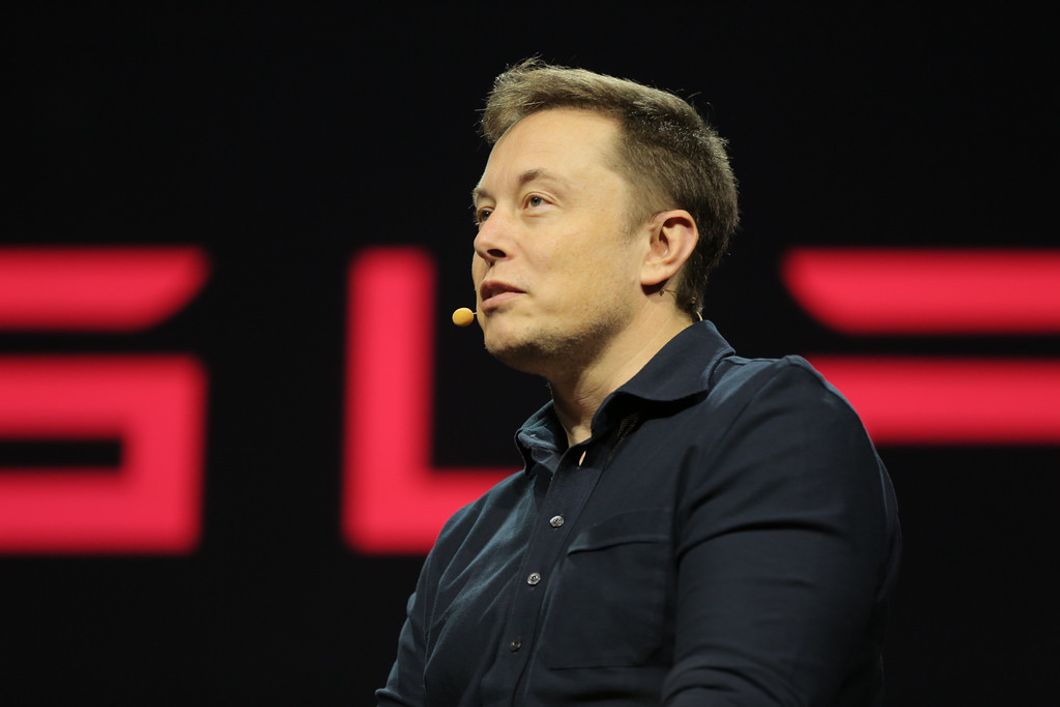People really like superheroes. I know I sure do. They act as role models whom I can look up to and learn from. The ones that we see in comic books and movies may be a bit of a stretch for most of us, but we look up to them nonetheless.
Growing up, one of my favorite superheroes was Tony Stark, aka Iron Man. He wasn't born with any superpowers. But he had the ingenuity and the drive to create something that would change the world (yep, I'm talking about the suit). I saw Stark as a realistic superhero, as someone whom Icould aspire to become.
And just like many people, I saw Elon Musk as the real-life Tony Stark. After all, like Stark, Musk set out to accomplish what many people thought to be impossible: making electric cars more accessible and making space travel (particularly to Mars) more efficient. And if you're like me, you've been tracking his progress at SpaceX and Tesla for quite a few years now, and you've seen that he wants to do even more than that. You've followed his endeavors into SolarCity, The Boring Company, and Neuralink, and you know that he's just as versatile as Tony Stark.
Elon Musk certainly does a lot. And I definitely find that inspiring.
But I was appalled to read about Musk's behavior during the past few months. He targeted a man who had gone out of his way to rescue a group of boys trapped in a cave in Thailand earlier this year calling him a pedophile on numerous occasions. He also sent shareholders and government officials in a frenzy by suddenly announcing that he would make Tesla private.
Don't get me wrong. Elon Musk is one of my biggest role models. I have a strong admiration for his work ethic and his vision. But that does not mean that he's perfect, or that what he's done during the past few months is excusable. It's not.
However, we know that role models and superheroes are not perfect. We're supposed to look up to them, but not idolize them. We learn from both their accomplishments and their failures, and we use those lessons to become better versions of ourselves.
From my standpoint, I've come to learn that Musk's current approach to his work may not be the healthiest one. He claims to work 120 hours every week, dividing his time between Tesla and SpaceX. While that is an impressive number, it's important to remember that there are 168 hours in one week. This leaves Musk with 48 hours where he's not working. If you divide that up over 7 days, that gives him just under 7 hours a day where he's doing everything that does not involve work, and that includes sleeping.
According to Musk, there are some days when he does not sleep at all. While that means he would be able to work more hours, it doesn't give him the time to let his brain reset and clear itself of its toxins. This would ultimately be detrimental not only to his productivity and his attitude but to his physical health as well.
It's a pretty straightforward lesson, both for Musk and everybody else. You have to be able to put yourself first and make sure that you're ready to approach your work with a clear mind. This means making time to put yourself first... making time to have full meals and a good night's sleep and just stepping back away from a problem. In other words, taking breaks.
In somebody in a position like Musk's, that's going to be difficult, considering his responsibilities. But if he really wants to see his vision go through, then it's important for him to think about where his priorities are, and where he's going to find himself more useful. It's going to either have to be in the engineering or business role, either in SpaceX or Tesla, but certainly not in everything at the same time. And of course, if he's going to have a clear head with a clear vision and not act rashly, then he needs to take time to rest.
The people we look up to in life are by no means perfect. We can admire them for their strengths. But we must also acknowledge their weaknesses, and take those lessons into our own lives.











